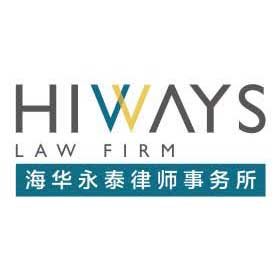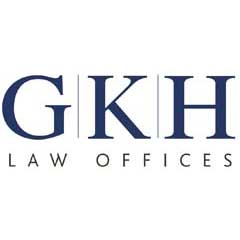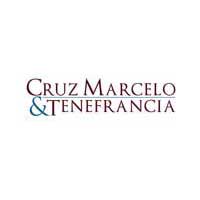Event Report
On 12 September, The Legal 500 – along with sponsors Hiways Law Firm, GKH Law Offices and Cruz Marcelo & Tenefrancia – brought some of China’s leading senior counsel to Shanghai to discuss the legal dimensions of the Belt and Road Initiative, a $56 billion dollar infrastructure development program led by the Chinese government.
While the immediate benefit of Belt and Road is likely to be felt by those in the construction sector, the initiative has the potential to shape investment dynamics in a number of sectors and countries. This much was evident from the firms who gave their views throughout the day, with Dr Steven Yu of Chinese firm Hiways, Pancho Umali of Philippines-based Cruz Marcelo & Tenefrancia, Esther Koren and Eli Barasch of Israel-based GKH Law Office and Kai Wang of Hawaii-based Carlsmith Ball all presenting their views on the initiative.
The summit began with a highly stimulating keynote speech from author, economist and China expert Dr Antonio Graceffo, who highlighted some of the wider geopolitical and economic considerations introduced by Belt and Road. A copy of Dr Graceffo’s speech can be downloaded here, along with links to his research and writing on China.
Dr Graceffo then took charge for the first panel of the day, which looked at China’s bilateral trade with the Association of Southeast Asian Nations (Asean). The broad-ranging debate considered whether the legal and commercial structures that have been developed for China-Asean trade over the past decade might be applied to investments in other jurisdictions. A suitably diverse Q&A followed, in which audience members touched on everything from the China-Pakistan economic corridor to cross-border financing.
The discussion was followed by a session looking at technology investments in China, led by Eli Barasch of GKH Law Office. In his opening remarks, Barasch contended that while Chinese strategic investors investing in foreign tech companies often want to have both an equity position in the foreign company and some form of licensing or technology cooperation, foreign companies are often hesitant to give licenses or enter into tech cooperation with these companies out of fear that their IP will be compromised and that the benefits of such a relationship will not be reciprocal. This is an issue, he said, that Chinese strategic investors should be sensitive to and, ideally, be proactive in offering solutions that will give comfort to their foreign business partners. The panel then discussed their thoughts on and responses to this introduction.
The significance of IP to tech-based ventures was naturally a talking point, and the importance of IP law for Chinese companies doing business overseas, and particularly in the US, was the subject of a lively three-way discussion. The panel also touched on the role of technology in legal teams, with Kenneth Tung, general counsel at Lex Sigma and co-founder of In-Gear Legalytics, offering his thoughts on how internal processes can benefit from technology.
The final panel of the day, led by Dr Steven Yu of Hiways Law Firm, considered the role of legal advisers in structuring overseas investments. Dr Yu opened the panel with an overview of the new Chinese outbound investment regulation before asking the panel to give their views on drivers of the new regulations, their likely impact on Chinese investment, how the market is likely to react, and how in-house and in private practice lawyers are advising their clients in response.
Kai Wang of US law firm Carlsmith Ball – formerly vice president of Greater China legal affairs for Starwood Hotels & Resorts – closed the event with a presentation that looked to demystify Chinese investment. Her engaging presentation style and ability to draw on a deep experience of Chinese and international markets was the perfect end to the event.
The summit underscored just how much interest the Belt and Road initiative is generating in the region, but the day’s discussions also drew attention to the sophisticated approach China’s GCs are taking when it comes to advising their businesses. It is clear that the role of in-house lawyer is evolving rapidly at both listed and state-owned companies and we hope very much that we can hear more from China’s GC community at future events.
We wish to thank all those who gave their time to speak at the event, and all those who attended, for making it such a success. Finally, we wish to thank once again our sponsors Hiways Law Firm, GKH Law Offices and Cruz Marcelo & Tenefrancia, and our keynote speakers Dr Antonio Graceffo and Kai Wang.


